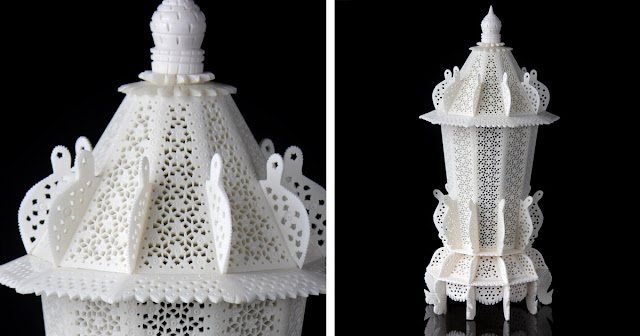Bone Carving - An Intricate Prehistoric Art

- By Maitri Garg BONE CARVING: An Intricate Prehistoric Art Bone Carving and its History Bone carving is an ancient Indian art that dates back to prehistoric times. It is a delicate and intricate process of carving designs and figures on various bones. The art of bone carving has been passed down from generation to generation in many Indian cultures and has been used for many purposes, from creating jewellery to religious artifacts. In India, artisans have been turning buffalo bones into works of art since at least the 16th century, when royals would commission works like this in ivory. But more recently, a scarcity of materials and legal restraints have pushed people away from the craft. Bone carving has been used in Indian culture for many different purposes. In ancient times, it was used to create weapons like arrowheads and knives. Later on, bone carving was used to create jewellery and decorative items, like combs and hairpins. Today...


